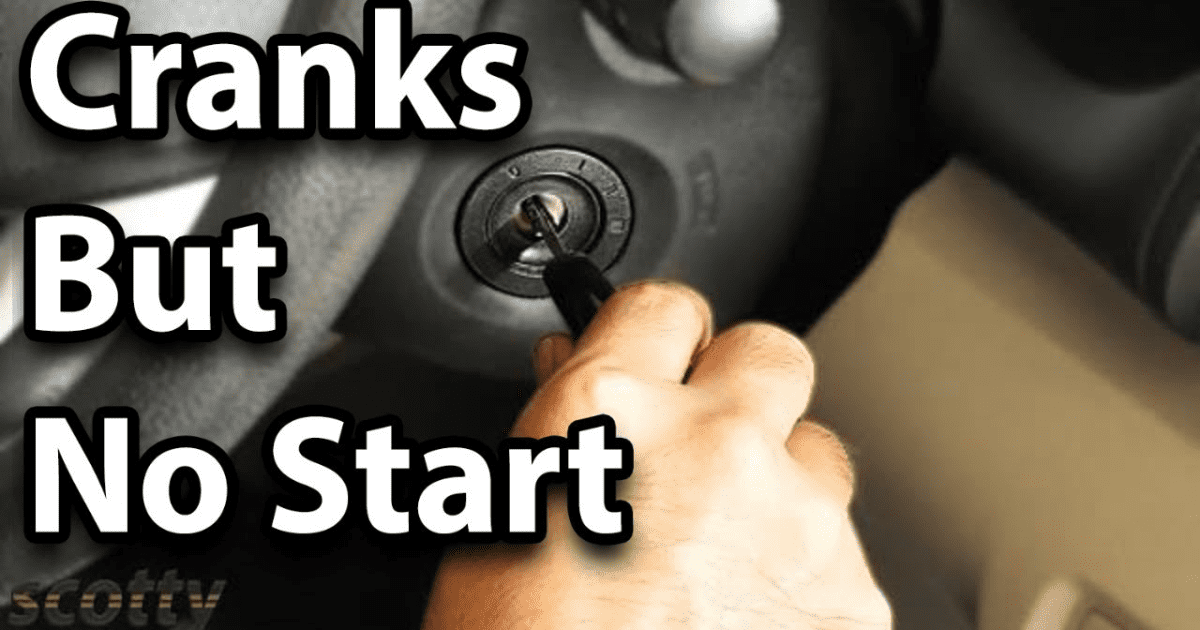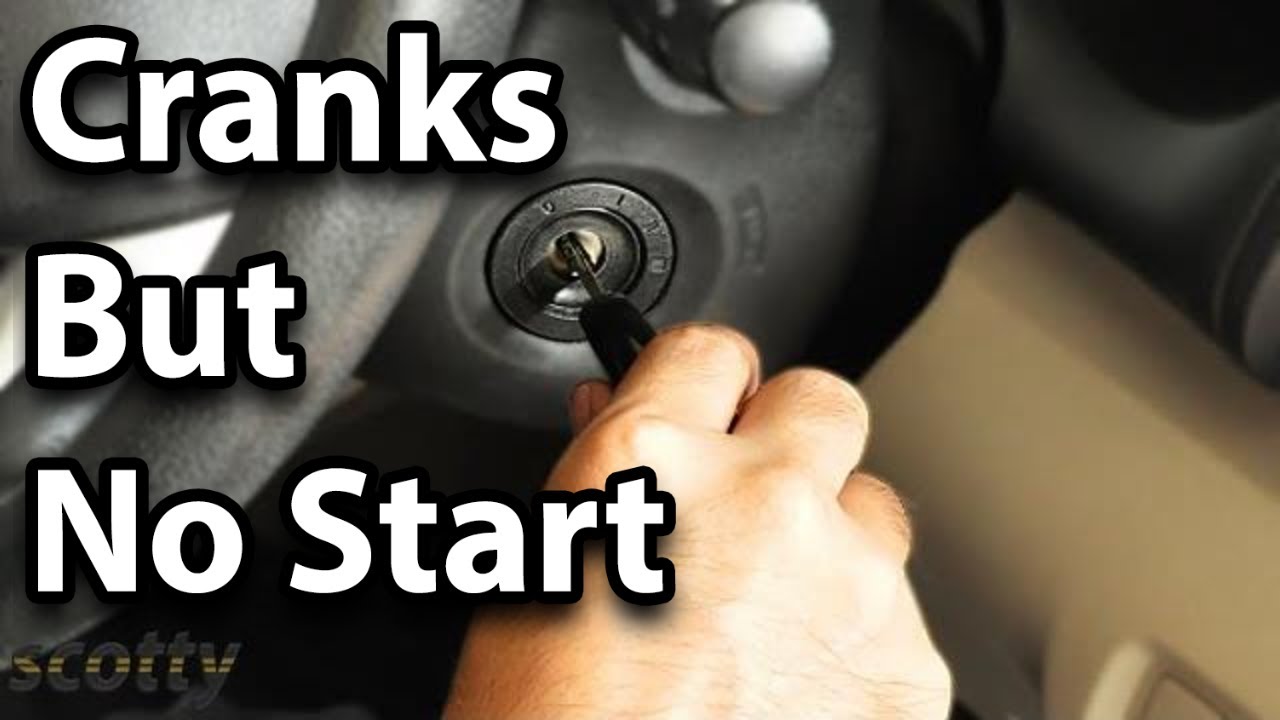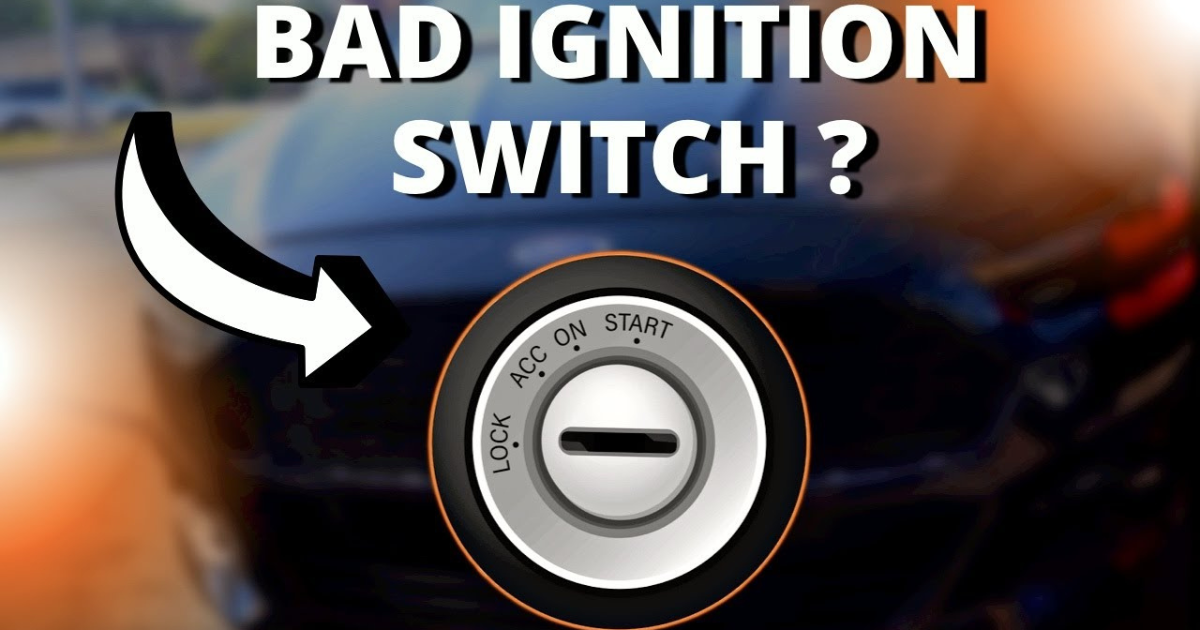After hearing the familiar whirring of the starter motor, there is a painful quiet. This can leave any driver stuck and angry. But before you call a tow truck, knowing what’s causing the engine to run for so long can help you figure out what’s wrong and maybe even fix it yourself.
Causes Of Cranking But Not Starting

Now that you know who works on the starting system, let’s look at what could go wrong when your car cranks too much:
- If the battery is dead or dying, it doesn’t have enough power to start the car quickly. Slow turning, dimmed headlights, and clicking sounds when trying to start are all signs.
- Power wires connect the battery to the starting system. If these connections are loose or corroded, the battery won’t get power. Connections that are loose or corroded make it hard for current to move, which slows down cranking.
- Starter Motor Fault: The starter motor’s brushes wear down over time, making it less powerful when starting. A clicking sound when you try to start the engine can mean that the starter is failing.
- Solenoid Malfunction: If the solenoid isn’t working right, the circuit between the battery and the starter motor won’t be full, so the engine won’t crank at all.
- Problems with the Ignition Switch: If the ignition switch is worn out, it might not send the right signal to turn on the starter motor.
- Engine Problems: These are less common, but internal engine problems like stuck parts or not enough oil can keep the engine from starting, even if the starting system is fine.
Troubleshooting Tips
Before you start fixing things, here are some things you can try first:

- Check the Power: Check the battery’s connections for corrosion by looking at it. Check the voltage of the battery with a voltmeter. A low battery is indicated by a reading below 12.4 volts, or a certain value based on the type of battery.
- Close up the battery connections: Make sure the battery terminals are clean and that they are attached firmly.
- Pay attention to Sounds: Listen for any popping sounds when you try to start the car. This could mean that the starting or solenoid is broken.
The most likely culprit is the starting system, but other parts of the car can also cause turning problems:

- Faulty Spark Plugs (Gasoline Engines): Spark plugs that are worn out or dirty can stop the engine from starting, even if the starting system is fine.
- Problems with Glow Plugs (Diesel Engines): Glow plugs heat the combustion area so that the engine can start more easily. Bad glow plugs can make the engine run for a long time when it’s cold outside.
- Security System Problems: Occasionally, the engine might not start because the security system isn’t working right.




